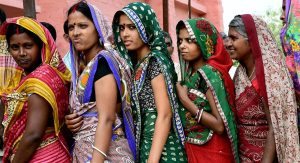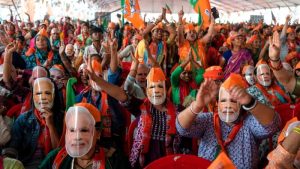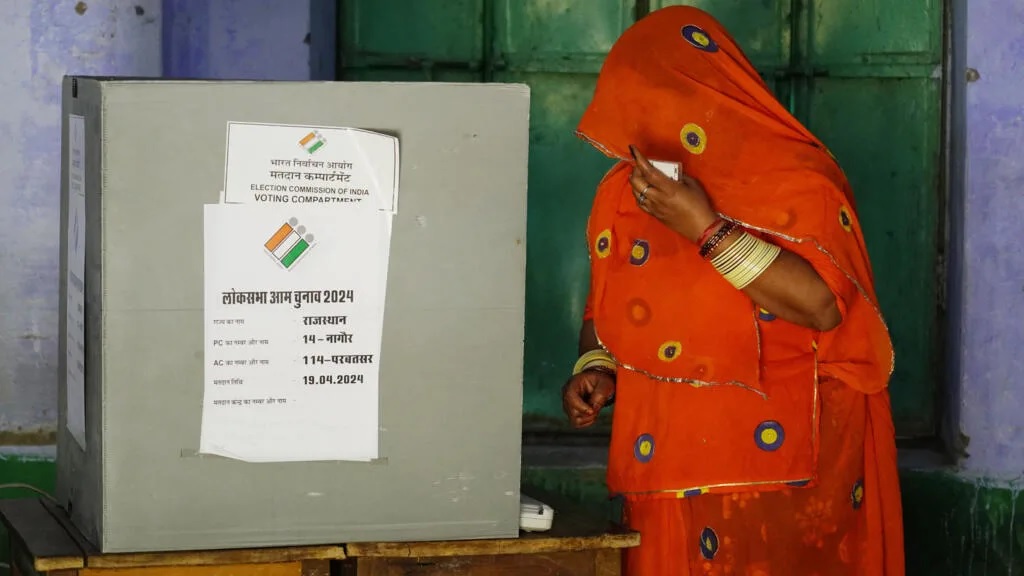Title: India’s Historic Election Underway Amidst Concerns of Misinformation and Political Divides
Voting is currently underway in India, marking the commencement of the world’s largest election ever held. The initial phase of the 2024 general election saw an encouraging 63.5% turnout, a testament to the vibrancy of Indian democracy.

Prime Minister Narendra Modi hailed this turnout as a triumph for free elections, emphasizing the core principles of democratic participation.
However, amidst the electoral fervor, concerns loom over the future of democracy in India if Prime Minister Modi secures another term. Critics have raised alarm over recent statements made by Modi during election rallies, accusing him of engaging in hate speech. In a controversial address in Rajasthan, Modi appeared to cast Muslims as beneficiaries of India’s resources, sparking accusations of divisive rhetoric.
Modi’s remarks referenced a previous pledge made by the opposition Indian National Congress party to financially empower India’s minorities, which he portrayed as favoritism towards Muslims. This rhetoric has intensified the polarized political landscape, with opponents decrying Modi’s tactics as a deliberate attempt to stoke communal tensions for electoral gain.

As India enters the throes of its mammoth election, the specter of misinformation casts a shadow over the electoral process. With over 830 million internet users and a vast social media presence, the country faces heightened risks of misinformation and disinformation campaigns. Misinformation not only undermines the fairness of elections but also fuels societal divisions and incites violence, particularly targeting minority communities.
Pratik Sinha, co-founder of the Indian fact-checking website Alt News, warns of a concerning trend where misinformation is weaponized to polarize society. The proliferation of misleading content, amplified by social media algorithms, poses a significant challenge to fact-checkers striving to uphold the integrity of public discourse.
India’s rich tapestry of languages and cultures further complicates the task of combating misinformation, underscoring the urgent need for comprehensive strategies to safeguard the integrity of the electoral process.







